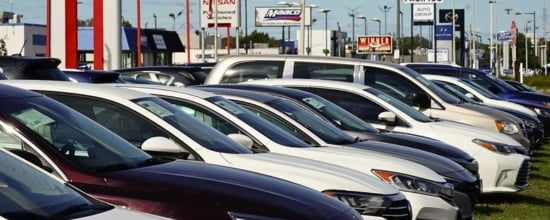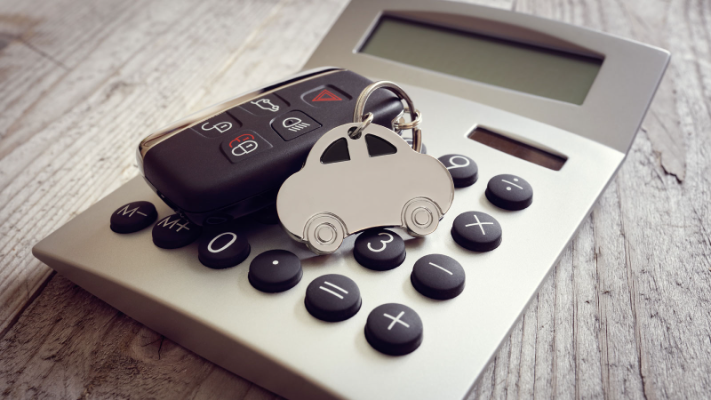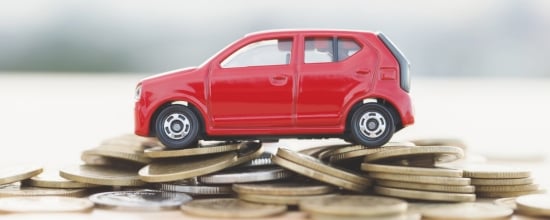Understanding Credit Card Car Purchases
Using a credit card for a car purchase involves significantly different considerations than traditional auto loans. In 2025, while credit cards offer convenience and potential rewards, they typically carry interest rates averaging 20% compared to auto loan rates of 4.7% for new cars.
The decision to use a credit card should primarily depend on your ability to pay off the balance quickly. A $30,000 car purchase could incur an additional $18,423 in interest charges over five years with a credit card, compared to just $3,876 with a traditional auto loan.
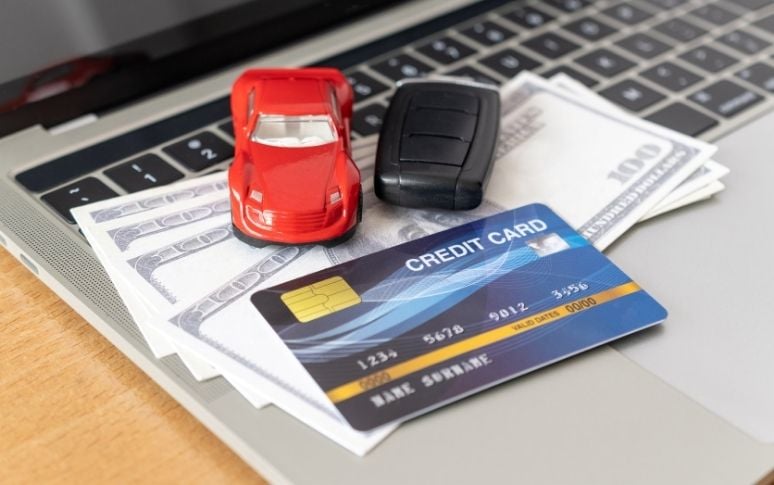
Credit Card Benefits and Drawbacks
The main advantages of using a credit card include potential rewards points, zero-interest promotional periods, and payment flexibility. Some cards offer significant cash back or travel rewards, which could amount to hundreds of dollars on a large purchase.
However, these benefits often come with substantial risks. Dealers typically charge processing fees of up to 3.5%, high interest rates apply after promotional periods end, and large purchases can significantly impact your credit utilization ratio, potentially damaging your credit score.

Impact on Credit Scores
Large credit card purchases can significantly affect your credit score through the credit utilization ratio. Financial experts recommend keeping credit utilization below 30% of your available credit to maintain a good credit score.
For example, a $30,000 car purchase would require a credit limit of at least $100,000 to stay within recommended utilization ratios. This makes credit card purchases impractical for most buyers unless they can pay off the balance immediately.
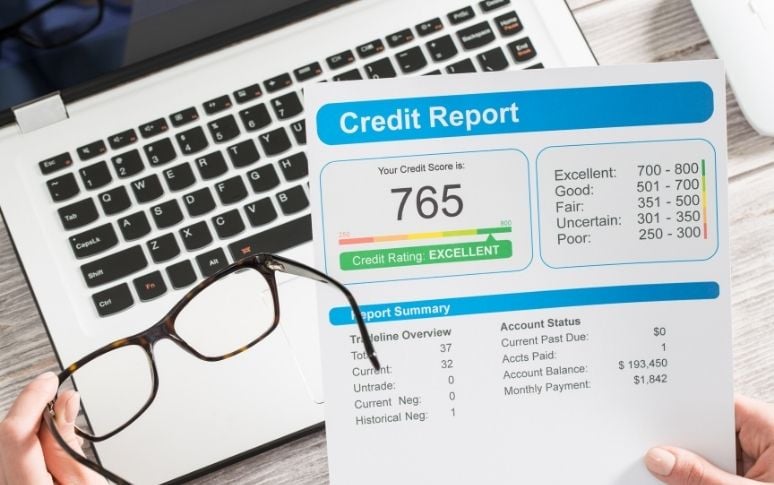
Dealer Policies and Restrictions
Most dealerships have specific policies regarding credit card purchases. Many limit credit card transactions or add substantial processing fees to cover their costs. These fees typically range from 2.5% to 3.5% of the purchase price.
When dealers do accept credit cards, they often restrict the amount you can charge. Some may allow credit card use for down payments or partial payments while requiring traditional financing for the remainder.

Smart Alternative Financing Options
Traditional auto loans typically offer the most cost-effective financing solution. With average rates of 4.7% for new cars and 7.67% for used vehicles in 2025, these loans can save thousands in interest charges compared to credit cards.
Consider exploring manufacturer incentives, securing a co-signer, or leveraging trade-in value to reduce financing needs. Many manufacturers offer special financing programs with rates as low as 0% for qualified buyers.
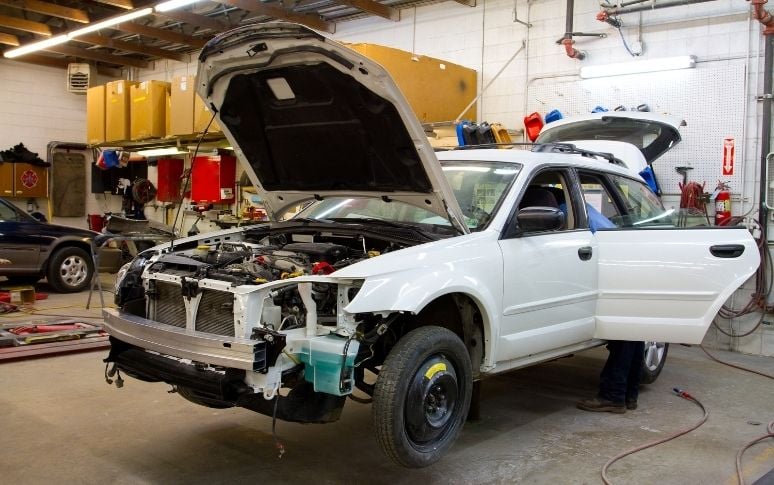
Strategic Use of Credit Cards
If you decide to use a credit card, focus on strategic approaches that maximize benefits while minimizing costs. This might include utilizing zero-interest promotional periods or earning rewards points when you can pay the balance immediately.
Always calculate the total cost including processing fees, interest charges, and potential impact on your credit score. Compare these costs against traditional auto loan options to make an informed decision.

Negotiating Credit Card Purchases
When using a credit card for car purchases, negotiation becomes even more critical. Some dealers may be willing to waive or reduce processing fees, especially if you're paying a significant portion of the purchase price.
Prepare for negotiations by researching dealer policies, understanding your credit card terms, and calculating all potential costs. Consider using the credit card processing fees as a negotiating point for the overall purchase price.

Creating a Payment Strategy
Developing a solid payment strategy is crucial when using credit cards for car purchases. Calculate monthly payments needed to clear the balance before promotional rates expire, and consider setting up automatic payments to ensure timely repayment.
Keep emergency funds available in case of unexpected expenses, as missing credit card payments can result in significant penalties and interest charges. Monitor your credit utilization and consider requesting credit limit increases if needed.





